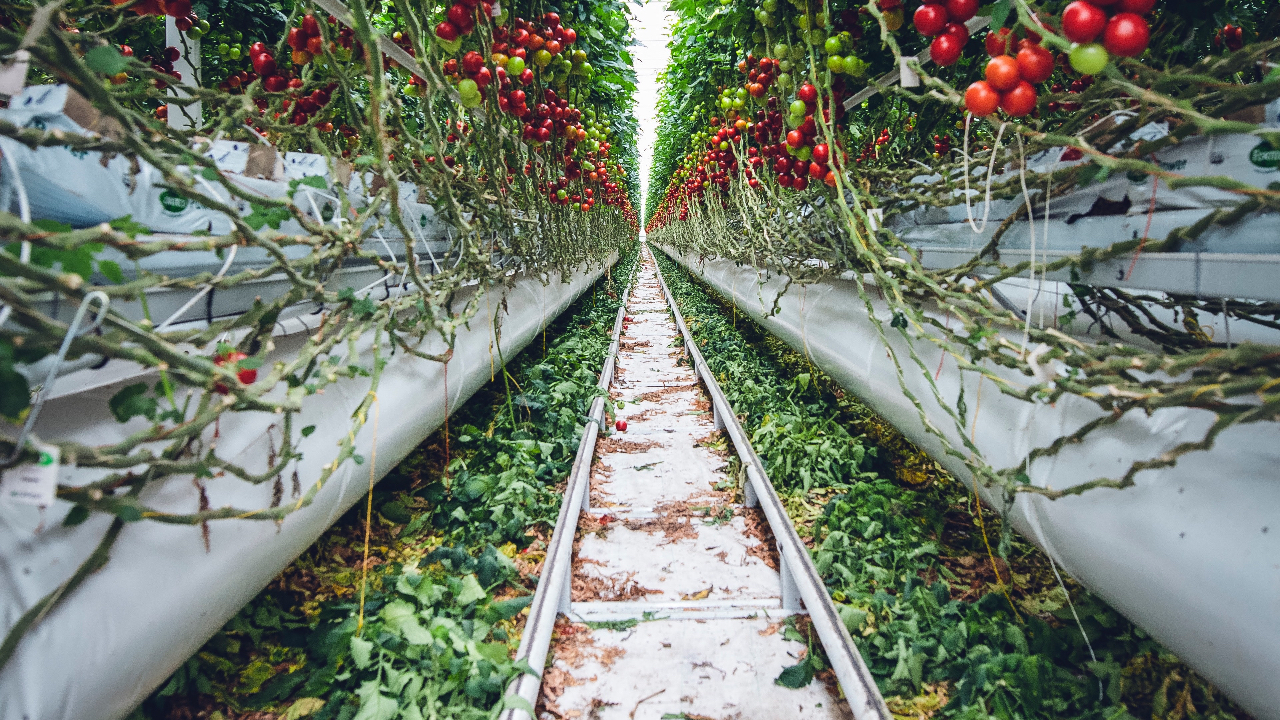Innovating for Resilience: A Panel on Food and Water Security
Jun 23, 2023
Water and food security are two of the most pressing issues facing the world today. Demand for food and water is growing, and meeting this demand grows increasingly difficult every day. With the world's population projected to reach 9 billion by 2050, it is essential that we invest in sustainable water and food management solutions.
The Challenge of Water Scarcity
Currently, more than 2 billion people live in countries experiencing high water stress, meaning that they face significant challenges in accessing clean and safe drinking water. Water scarcity is also a major threat to food security, with agriculture accounting for nearly 70% of global freshwater use, and water scarcity is a major threat to food security.
The Need for Innovation in Water Treatment and Purification
Innovation in water treatment and purification is critical to addressing water scarcity. Some advancements being worked on are technologies that maximize water allocation, utilize semi-saline water, and optimize water usage in urban farming are essential. However, these technologies can be energy-intensive, so it is vital to find ways to minimize their energy consumption.
The Role of Indigenous Knowledge in Water Management
There has been an increasing awareness about how critical indigenous knowledge is when it comes to water resource management. This knowledge includes the optimization of farming techniques, wetlands and catchments management, and the allocation of water resources. As the longstanding custodians of local water resources, indigenous communities have a lot to offer to the cause of advancing water management techniques.
The Importance of Public Education and Outreach Initiatives
As some of the biggest threats to our society, water scarcity and food security should be discussed more in our education systems. Holistic learning should involve learning how to be responsible for society and the world, including food and water management. Through integrating this in the education system as well as doing outreach initiatives to raise awareness about the issue and to spark discussion, we may achieve breakthroughs that can help us solve these crises.
Conclusion: What Can We Do?
The global water and food security crises are complex issues that require multi-faceted solutions. Governments, academics, and professionals in emergency and crisis management need to work together to develop new technologies to address these issues. Learning from local communities, who have significant experience managing their own resources, has also proven to be valuable in advancing our knowledge about sustainability. The general public also has to be involved further by including these issues in our public education to spark further discussion about it and inspire more people to join the fight against water and food scarcity.
The world can no longer ignore the water and food security crisis, and we must all work together to ensure that future generations can live in a world with access to clean and safe drinking water and food.
To listen to the episode, visit our podcast on Spotify, Apple Podcasts, and Google Podcasts. If you liked what you read, consider following CBI in our channels and subscribing to our newsletter to stay updated on fascinating discussions, events, and developments in crisis and emergency management.
Connect with us!
